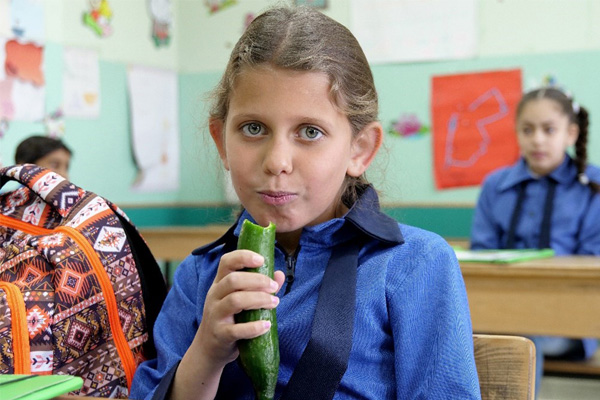"I am a Syrian Refugee – I am 21 years old. I joined the HCC Program and benefited a lot. I came for my mother and uncle. Since coming to the clinic, I noticed a positive change in my results. I learned the concept that 'Health is contagious' and how to spread the word and awareness we receive here to other people around us."
“Walking for short periods like 10 and 20 minutes used to be very exhausting for me. Now I enjoy long walks for at least one to two hours. ‘Medications are useless’ – that was a common saying in my community. Now I’m very adherent to my medications. I follow a healthy diet and have cut off the intake of fizzy soft drinks completely for more than a year now. We learnt how to deal with anxiety through breathing exercises. I even started to turn to my mother and friends to vent out.”




